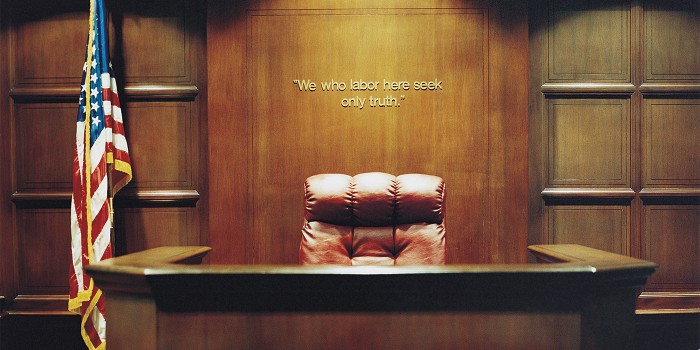I have long assumed that people who don’t abide by the law are punished. Criminals go to jail and people liable for harm pay for their misdeeds. Yet, people of power and privilege aren’t always held accountable. And disadvantaged people are not always afforded justice. Too often, the law operates independently of people applying ethical and moral standards.
Civilization is constructed of laws. People agree to abide by a set of laws to maintain a civil society. Our justice system is designed to punish criminal behavior and penalize tortious acts. Yet, there are times when the law is applied discriminatorily and unethically.
The Torah reading for this week is Mishpatim, translated as “laws.” What distinguishes Torah law from American law? Torah interposes moral behavior with criminal and civil rules. The laws in Mishpatim are not merely rooted in morality but exist as a mechanism for morality.
Torah gives equal attention to criminal acts, civil wrongs, and immoral behavior. The prohibitions zigzag from kidnapping to the loss of an ox. In between these legal rules, there are admonitions to care for the widow and orphan as well as be kind to the stranger. Within these legal rules is God’s justice. The design of our Creator is to create a moral universe.
Whether we talk about Israel, the United States, or almost any other nation, the secular system of laws is limited by how they are applied. If the government is focused on pursuing decency, then legal systems will provide justice. A great challenge of our time is the moral deficiency of political leaders. They won’t change until the people demand justice and mercy for every member of society including the widow and the orphan and the stranger.
Rabbi Evan J. Krame




